In J.K. Rowling and the Ungrateful Fans by Sonya Saturday, the titular Harry Potter creator’s devolving relationship with fans who object to her transphobic statements is recounted through a parody of The Giving Tree by Shel Silverstein.
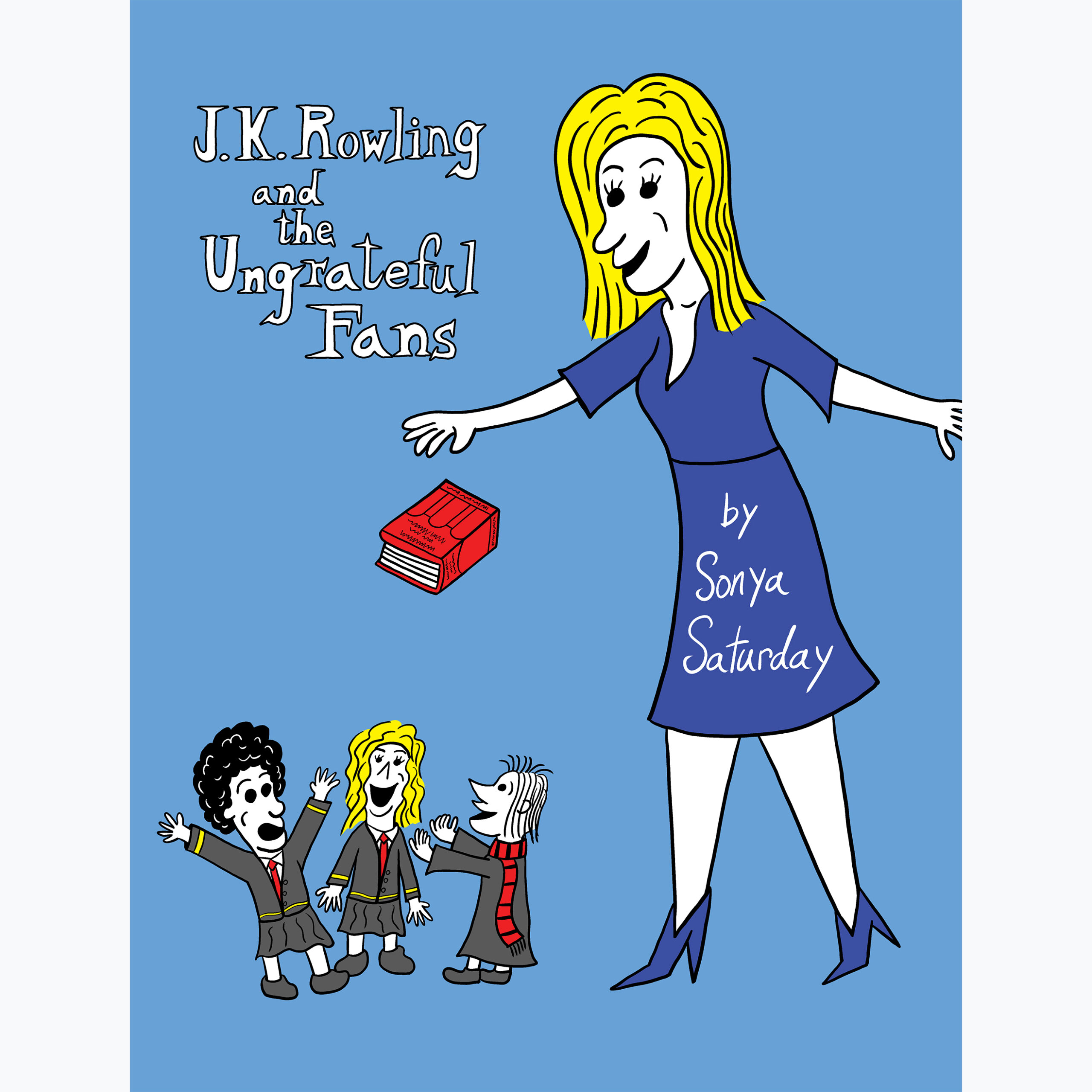
The Beat caught up with Saturday at San Diego Comic-Con 2023. We asked all about the reason she chose The Giving Tree, the details included in her book that parody the Giving Tree, and what she hopes cis readers will take from J.K. Rowling and the Ungrateful Fans.
This interview was edited for clairty and length.
REBECCA OLIVER KAPLAN: What made you decide to make this book a parody of The Giving Tree?
SONYA SATURDAY: Some of the work that I do is satirical. I’ve done a couple of satirical political things. I was doing some political art several years back. And I keep track of what’s in the news. Rowling was on my radar, obviously, being trans and weird and all that stuff.
So I was keeping track of what was going on with her. And at some point, I was thinking, “I want I’d like to do a book, somehow addressing it.” And I thought the way to do it would be a parody of a children’s book.
I was originally thinking it would be like, maybe like a Harry Potter story, which a lot of people have done and I was kind of leaning that way. And looking for a children’s book to parody, I was originally looking at Maurice Sendak. I was thinking of maybe doing something like Where the Wild Things Are, but it wasn’t really meshing for me.
I took a step back. And I though, “If I want to talk about her, I need to make it about actually her, not a Harry Potter character.” So it occurred to me: what’s her situation? Her situation is, she created this thing. And she was putting this work out into the world that children love, people all over the world love, and they adore her for it. And then she started to change, but the fans are still there. And they don’t want to change.
I started to think, “Well, it’s kind of like The Giving Tree, because The Giving Tree is giving to this child. The child goes away, grows up a little, comes back takes and takes and takes and the tree keeps giving and giving without any judgment or pushback. And the child takes and the tree gives until there’s nothing left of a tree.
But I thought, she’s kind of like that, except when they come back and ask for more. She just flat-out says no, she’s essentially done giving the fans what they want. So these various ideas just kind of meshed in my head.
KAPLAN: Personally, I’ve had to explain to a lot of people the Rowling thing. So why is it kind of important for cis people to read J.K. Rowling and the Ungrateful Fans?
SATURDAY: I don’t want to sell my own work short, but I mean, I’m doing something satirical. Is satire completely necessary in our society? I would think so because it’s a reflection of our world back at us.
I tend to feel that, as an artist, as someone who creates artwork, my whole point is to observe the world around me from my point and reflect it back in a way that that’s unique to my voice. Even though it’s a parody, it’s me translating what I think is happening to the world.
People know that this is what she believes, this is awful, but I wanted to make it into like a fun thing. I wanted to make it where the back and forth that happens in the book between the Rowling character and the fans, is they’re telling her what they don’t like and what they need. It breaks it down. They’re saying, “You are hurting our feelings. This is bad for us.”
And I feel like that’s a thing that a lot of cisgender people don’t really take into consideration is, when there are arguments about, “we shouldn’t have transgender girls playing girls’ sports, because they’re biological males” and stuff. The way I see it: can’t you just be a compassionate, empathetic person? It’s not nothing when you’re telling someone that their feelings don’t matter, that who they are doesn’t matter, that what they believe doesn’t matter. That’s not nothing. And we treat it like it’s nothing.
I mean, society treats it like it’s nothing generally. If it’s not your kids, most people don’t care. Generally. I’m at this point now where I feel like America doesn’t care about children, just flat out. We care about our own kids. But we don’t care enough about everybody’s kids to fund school lunches for the least privileged children. We send them on buses at six in the morning, which we know is terrible for their mental health and for the sleep that they need.
I just feel a lot of cis people or straight world people, don’t put enough stock into what we’re doing to people emotionally when we tell them they don’t matter. You kind of expect people to just like suck it up. We’ve got that whole rugged individualism thing, you’re just supposed to put up with it.
If there’s one takeaway I’d like cis people to get from this book is maybe to have a little bit more compassion for people in a different situation than you. I mean, I don’t know if this book is going to change any hearts or minds or anything. Theoretically, people would get a chuckle out of it and say, “Oh, that’s a cute way of looking at it.” But that’s really what I would like out of my what people to get out for people to get out of J.K. Rowling and the Ungrateful Fans.
KAPLAN: Do you think satire is like, like a good way to kind of break down people’s defenses?
SATURDAY: Yeah, absolutely. Humor is the best way to get through people’s defenses. I mean, on the one hand, humor is the way I deal with the shitty things in my life. All the crap I’ve had to deal with all this stuff around me. Humor is just what gets me through the day, it gets me through my life. It’s just what I need.
But also, you can tell people pretty much whatever message you want as long as you do it with a smile on your face. And people are more receptive. If you’re out there with fire and brimstone and shouty, there are people who will respond to that.
KAPLAN: Do you think it’s possible to get to a post-Harry Potter world?
SATURDAY: I mean, honestly, like, I don’t necessarily blame fans for loving the thing that they love despite the creator being awful. I personally personally relate to that. I was never really into Harry Potter. It just didn’t do anything for me. I didn’t dislike and it, just wasn’t my thing.
But other things are “My thing” and the creators are terrible. Like HP Lovecraft. He was awful. He would have thought I was the worst thing in the world. He was homophobic, he was sexist. He was racist. He was xenophobic, he was just the worst.
But his writing has meant a lot to me. I don’t like that garbage that he put into it. But a lot of his concepts which came from his really messed up worldview still mean a lot to me.
So, I can totally relate. The difference with Rowling is, Lovecraft died decades and decades and decades before I was born. So I can read his stuff now and know what it was like, in the context of the time, take what I take from it, take what means something to me, and also still understand there was a lot of garbage in there that I don’t agree with. And I can acknowledge that.
With Rowling, it’s more difficult because it’s happening to us and her fans in real-time. People just loved her and they loved her writing. And now it’s very complicated. So as far as a post-Harry Potter world, I don’t think there needs to be a post-Harry Potter world. I hate to say this, but it will be better when we’re in a world where Rowling’s not a thing. Where we just look back on the past and say, “Yeah, she was kind of awful. But she wrote some stuff people love, and we can acknowledge that.”
Right now. It’s more complicated, because when you are buying her books, buying her video games, going to the Harry Potter world at Universal Studios. Every dollar you put into it, if some of that goes to her. Do you feel okay about that as a fan? I mean, if you do, I guess go for it. If where you spend your money counts… If she wasn’t bringing in any more money, she would probably change. One of her one of her big arguments, which I have her saying in J.K. Rowling and the Ungrateful Fans, is “I’m very rich and very famous and I don’t need to listen to anybody.”
As far as the fans go, a personal choice, whatever you want to do. I feel like you should just keep in mind that if you’re still buying her stuff, she’s getting the money. And if she gets the money, she’s gonna feel totally cool with continuing what she’s doing. And she’s gonna donate some of that to her causes.
She’s a big donor. She donates a lot of money.
This is also different art style for you a little bit?
Well, I’m parodying an existing book, I’m parodying The Giving Tree. I actually spent a while trying to find the happy medium between Silverstein’s artwork and my art style. It’s not totally his style, it’s also not totally my style. I spent a while developing these characters, the look for it. It is quite different from how I typically draw faces. There are some similarities, but the eyes for these characters are just black circles, and that’s not typically my thing.
But I started doing that in my recent comic strip. Sometimes I’ll just have characters like that, and that’s kind of a new thing. My artwork is always evolving. I’m always trying out different things. And actually, with this book, I really did do things that I don’t normally do.
I’m typically very particular about drawing in a style that a lot of people refer to as “a clean line style.” It’s like European comics and clean line style where I don’t do a lot of heavy shading, lighting stuff. When I draw a character, I draw the line for this side of the hair, the line for that side of the hair; this is how these fingers go. It’s all the same shapes. I want you to see all of it and I want it all to connect
With J.K. Rowling and the Ungrateful Fans, I tried loosening up a little bit. So I don’t know if the fact that I was parroting and existing work was an opportunity for me to just sort of branch out a little bit with my own style.
KAPLAN: I was wondering because you normally letter your own stuff.
SATURDAY: Right. But The Giving Tree is typed. If you go through J.K. Rowling and the Ungrateful Fans, it essentially matches up one to one, like a lifestyle. Not just the style, but the story beats.
Look at the words and there will be sentences that will start on one page, and it’ll continue on the next page. In The Giving Tree, it will be the same way. That sentence will continue on the next page.
It’s really a pretty exact parody just because I was very particular about it in my own head. It’s the exact same length as The Giving Tree. Fall is essentially the same, essentially the same beats, it’s just the inverse of it.
It’s very much the same pacing. That was all intentional. I’ve loved Weird Al Yankovic since I was a little kid. The thing with Weird Al is, when you hear his songs, one reason they’re so great is that if you’re not listening closely, you would think it’s the original song because it’s such a perfect pairing. And then when you give it a second, you realize, “Oh, it’s his version of it, but it sounds so much like the original.”
Miss any of our earlier SDCC ’23 coverage? Find it all here!



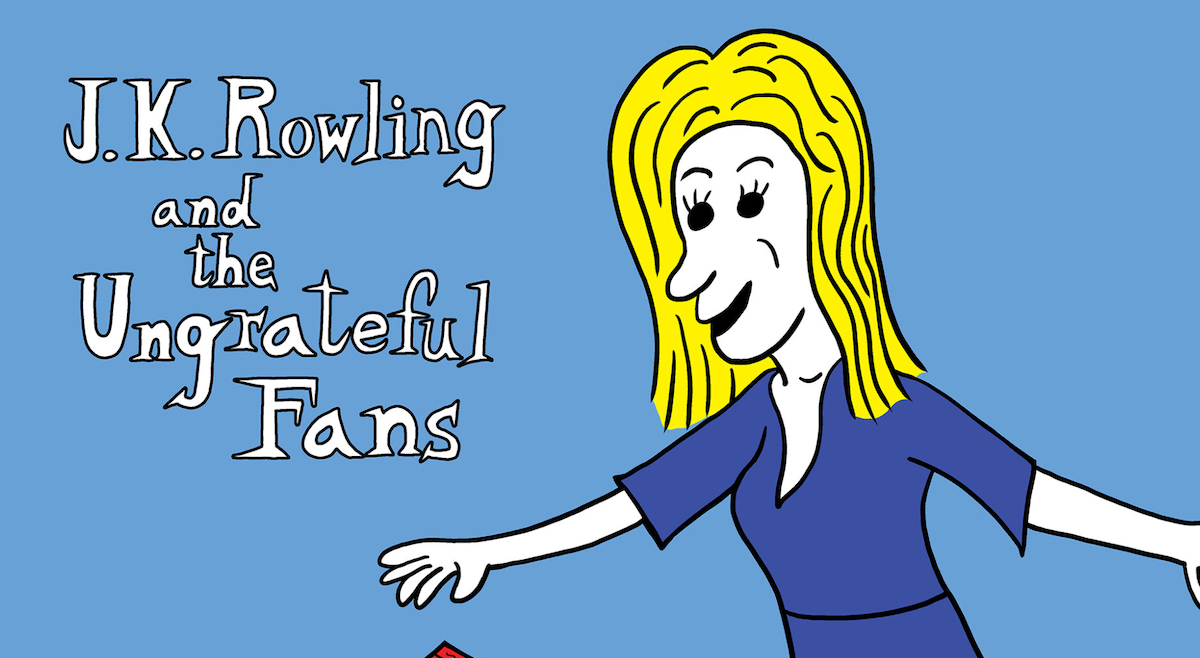
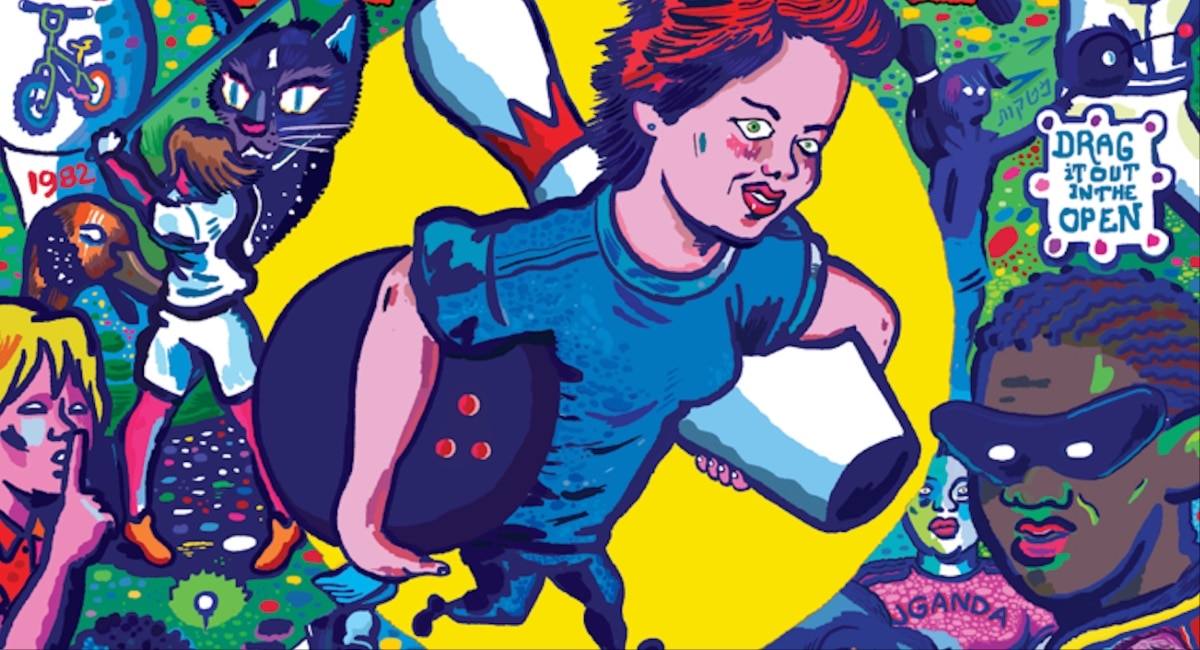

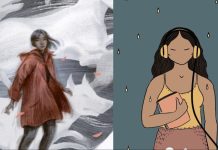



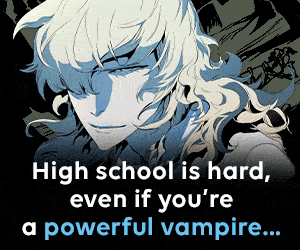

Can we get rid of the ignorant hateful bullshit comments from trolls like Gerry.
CIS CIS CIS CIS CIS CIS CIS CIS
Go cry about it, you bigoted troll.
Comments are closed.